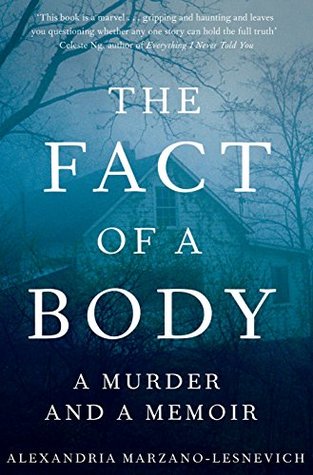More on this book
Community
Kindle Notes & Highlights
the parade of the unlucky and unwise that make up any small-town lawyer’s work.
He endures the fact of his old age the same way: by bracing against time’s press, always seeming to half-hope that someday he will be returned to himself as a young man with all possibilities ahead.
Through my mother’s books and my father’s stories, I have begun to think of the Constitution as a document of hope. The law I love can impose death? Never mind the reasons in law books. This is where it starts: with horror. From this moment on, I will always be against the death penalty.
I hardly know what I am promising myself except this: a different life. I carry this knowledge of what I am heading for like a secret inside me, a debt privately carried, a future owed.
This is the logic I will never find an answer to, the way in my family a hurt will always be your hurt or my hurt, one to be set against the other and weighed, never the family’s hurt. Is what happens in a family the problem of the family, or the problem of the one most harmed by it? There is a cost to this kind of adversarial individualism.
Who knows how those in a family find their roles, whether a role is assigned or chosen, whether it’s a function of the way that even siblings—even twins—grow up in different families? Have different pasts.
A person can be angry and still feel shame. A person can burn with hate at his mama and still love her enough to want to be something that will make her proud. A person can feel overwhelmed by all he wants to be and see no way to get there.
Give me normalcy, that’s what I want. Anything else can burn.
And above all we are prisoners of the story we tell about ourselves,
In torts—which are really a measure of how you judge the harm a person does to another, how you assign fault, how you understand cause—
the swift wheels of justice are in fact creaky and slow and no one can identify whether they are justice at all,
Laws passed in blusters of well-meaning.
The procedural bureaucracies of the law. Not mercy.
“Murder is not simple, but the elements are.”
Criminal law doesn’t care where the story began. But how you tell the story has everything to do with how you judge. Begin Ricky’s story with the murder—and it means one thing. Begin it with the crash—and it means another. Begin with what my grandfather did to me and my sister. Or begin when he was a boy, and someone did it to him.
What I fell in love with about the law so many years ago was the way that in making a story, in making a neat narrative of events, it finds a beginning, and therefore cause. But I didn’t understand then that the law doesn’t find the beginning any more than it finds the truth. It creates a story. That story has a beginning. That story simplifies, and we call it truth.
The law—with each side’s relentless pursuit of one story—has never known what to do with this complicated middle ground. But life is full of it.


